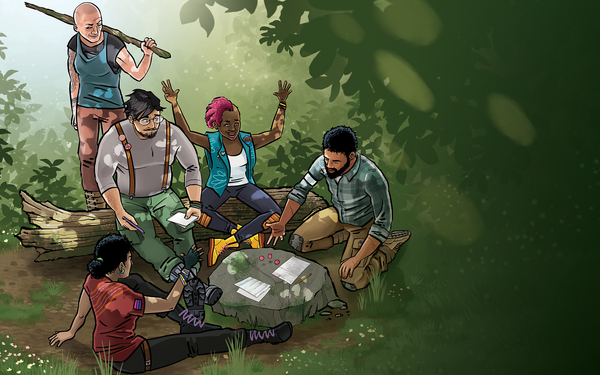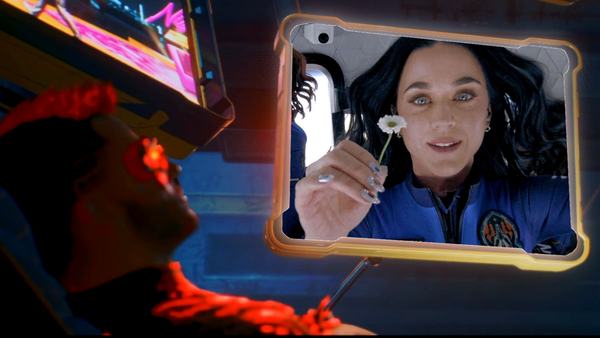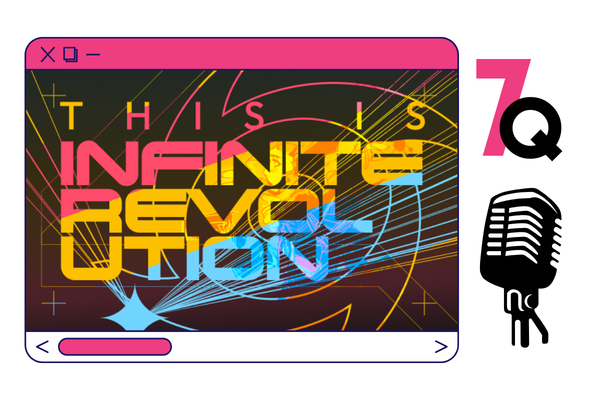The reality of rebellion in Galactic and Going Rogue
The Star Wars-inspired game asks players to be honest with themselves about what revolution actually looks like.
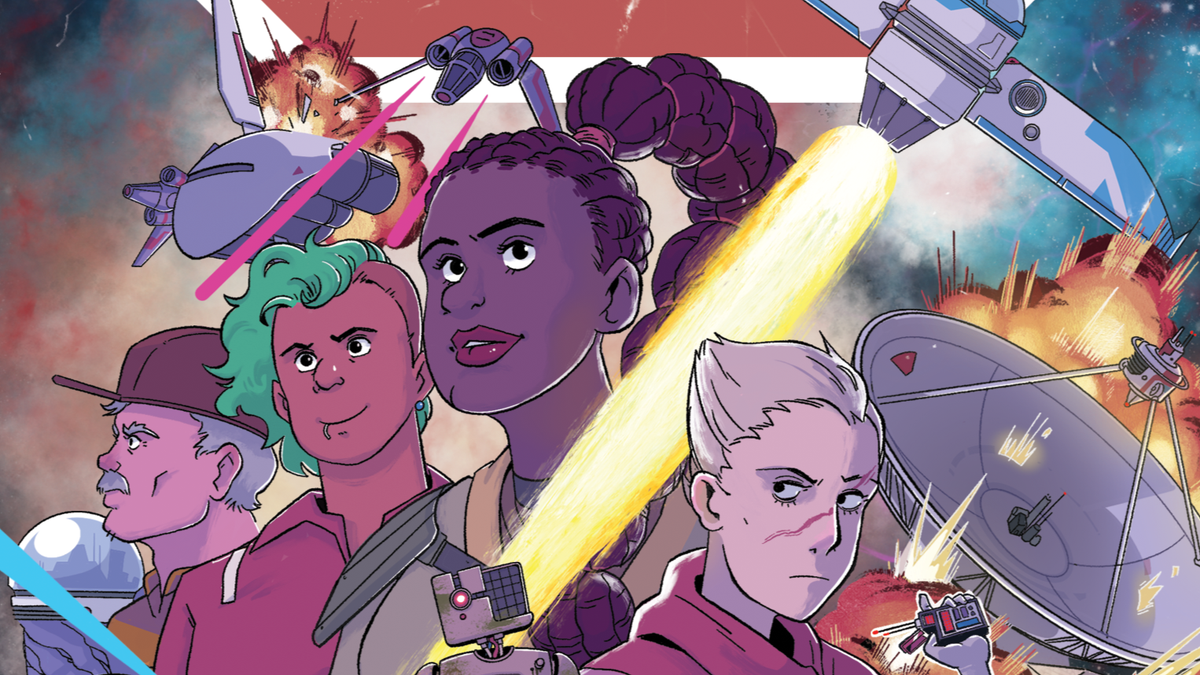
Star Wars’ resurgence in popular culture over the last decade has been met with mixed reactions, to say the least. With the final episodes of Andor, a show about a disillusioned rebel surviving and fighting against an inescapably powerful fascist regime, premiering on Disney+, a service that is on the Palestinian-led Boycott, Divest, and Sanctions list for donating millions of dollars to Israel, the disparity between the content of the franchise and it’s real-world application has never been more stark.
Despite the reactionary fanbase that has risen around it and the corporate machine which has stripped its radical storytelling for theme park-style entertainment, George Lucas’ original trilogy full of revolutionary politics based on the Vietnam War has been a source of inspiration for millions of people, including countless game designers. From the various official RPGs, to Ninth Level’s Rebel Scum, to Tim Denee’s recent hack of Twilight: 2000, tabletop designers have taken the narrative’s anti-fascist core and given players a space (no pun intended) to explore those ideas.
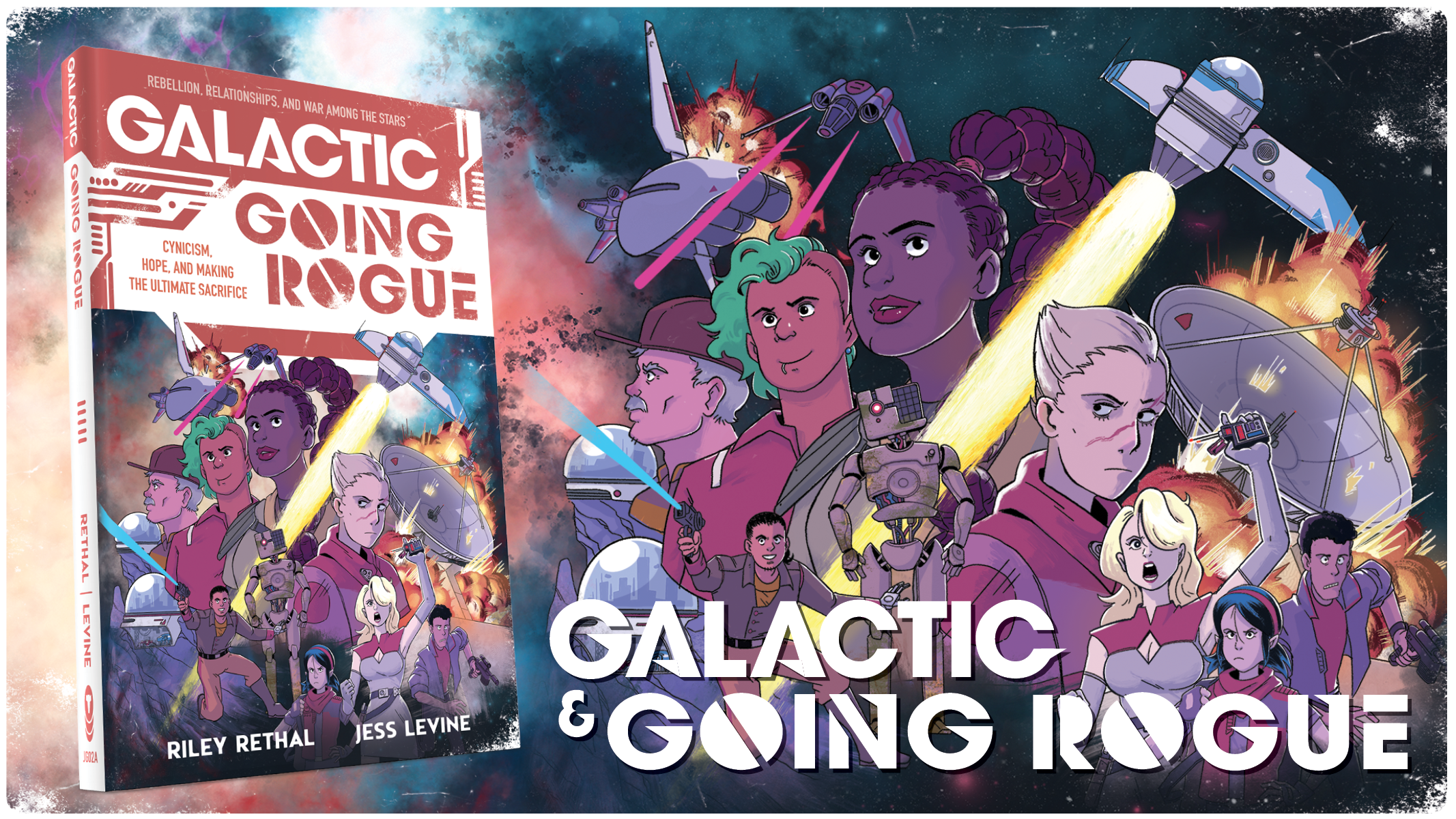
Riley Rethal and Jess Levine’s recent crowdfunding campaign contributes to that lineage with the second edition of Galactic and its expansion Going Rogue. A Belonging Outside Belonging game, Going Rogue's second edition won the 2023 CRiT Award for Best GMless Game of the Year for its deconstruction of Star Wars’ archetypes through a framework that mirrors the complex and collaborative nature of organized revolutionary action. Levine’s addition to the game, Going Rogue, makes that deconstruction all the more explicit, asking players to sit with questions of sacrifice, cynicism, and compromise as they face down not only an all-powerful empire, but the goals and motives of their fellow rebels.
After having the opportunity to play Galactic, Rascal spoke to Levine via email to ask her about Galactic’s politics, how it builds on the ideas presented in the source material, and if she has her own answers to the questions she asks players to explore. The first installment of this interview focuses primarily on the impact of Star Wars on this game and the benefits of GMless storytelling to explore revolutionary themes. The second dives deeper into how Levine's politics and experience as an activist has informed how she approached making Going Rogue. The result, unsurprisingly, is a mini-manifesto on Star Wars, leftist organizing, and the importance of being honest with ourselves about the power of play and protest.
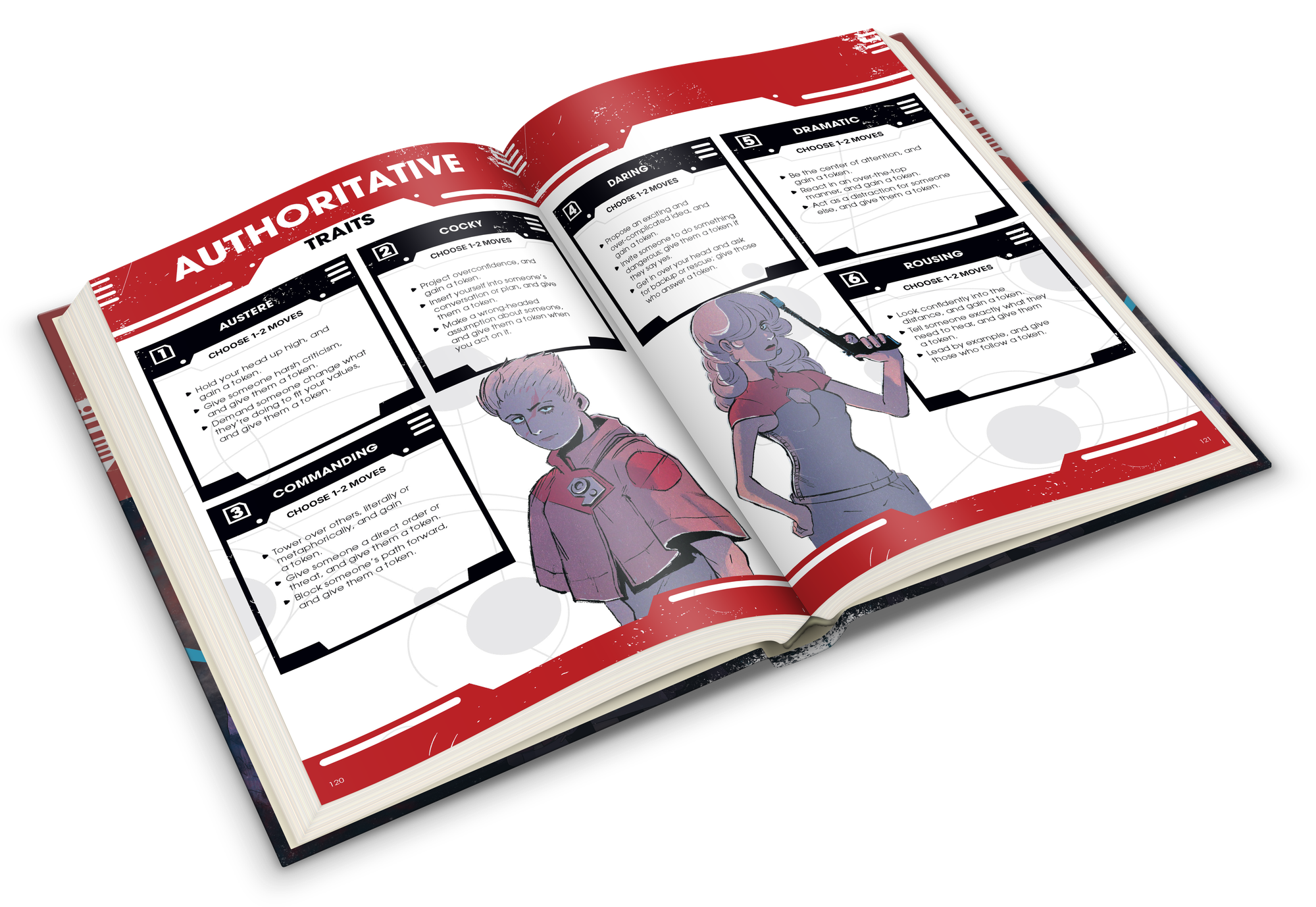
This interview has been edited for clarity and length.



